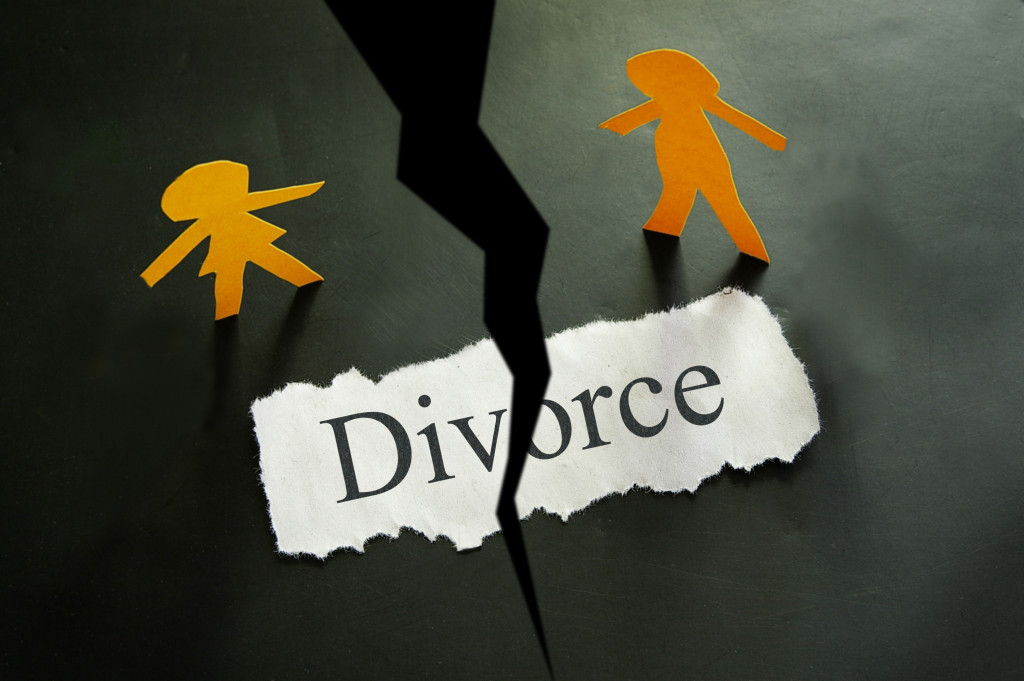Going through a divorce, even if it’s amicable, is often a difficult situation. However, the challenges may not stop even after your case is settled by a judge, especially when it comes to finances.
It goes without saying that a divorce can make a significant impact on your finances. From the lawyer fees to the court fees, the cost of splitting from your spouse can set you back thousands of dollars. For this reason, it’s best to start planning your finances post-divorce even while you are still in the middle of the process.
To help you plan your next moves post-divorce, here is a checklist of what you need to do after the divorce is settled:
-
Close joint accounts
The first thing that you need to do after a divorce (or even before, depending on the situation) is close all joint accounts that you have with your ex-spouse. Your trusted divorce attorney will also advise you to do this. If your ex-spouse racks up any more charges on the credit card or causes overdrafts on your joint bank account, you will still be liable for them as long as the accounts remain open. Moreover, you must freeze or close all accounts if you are worried that your spouse will empty them.
If, however, you cannot pay a balance on an account yet for whatever reason, you can put the account on hold and inform the bank that it cannot be re-opened or unsuspended. This way, you can protect the account from future charges and make it easier for you to repay the debt.
-
Build an emergency fund
If you don’t have an emergency fund yet or had to split it with your ex during the divorce, start building one as soon as possible. Your finances will likely take a hit from the cost of the divorce, and having cash reserves that can pay for unexpected expenses (e.g. car repairs, medical expenses, emergency travel, etc.) can make all the difference.
-
Replace closed accounts
Once you close the accounts that you used to share with your ex-spouse, open new ones to replace them as soon as possible. This includes savings accounts, investment accounts, retirement funds, and others. It may also make sense to obtain a new credit card after the old ones that you shared with your spouse are cut. Although a new credit card may be an extra liability, it can help you take care of basic living expenses while you recover from the financial losses caused by the divorce.
-
Safeguard your income
A common concern for many divorced individuals is not having anyone to rely on if they lose their job. If this is a concern for you, create an income safety net as soon as the divorce is finalized. One way to do this is to set up a fund in case you lose your job (separate from the emergency fund that you will use to pay for unexpected expenses). Aim to have at least three to six months of living expenses in your emergency fund, but the more you save, the better.
Another great way to protect your income is to obtain disability insurance. In case you suffer from an illness, injury, or disability that renders you unable to earn an income, you will receive coverage from the insurance company until you can get back on your feet.
-
Update your insurance information
Reach out to every insurance provider that you have and update your information with them. Doing this will remove your now ex-spouse from your list of beneficiaries and may lower your premiums since you no longer have to pay for additional liability. If your ex-spouse has received certain items in the divorce that you pay insurance for, be sure to cancel them as soon as possible as well since you no longer own these assets.
-
Contact your estate attorney

If you already have a will in place, call your attorney and relay any updates that you wish for them to do, such as taking out your ex-spouse from the beneficiary list or appointing another executor if your spouse was the one you appointed before. If you don’t have an estate plan yet, consider starting one after the dust settles.
A divorce can put a lot of strain on your finances, as it does on every other aspect of your life. With these financial tips, however, you can avoid making your post-divorce life any harder than it needs to be. And more importantly, you can help secure your finances and be better able to control them from now on.

